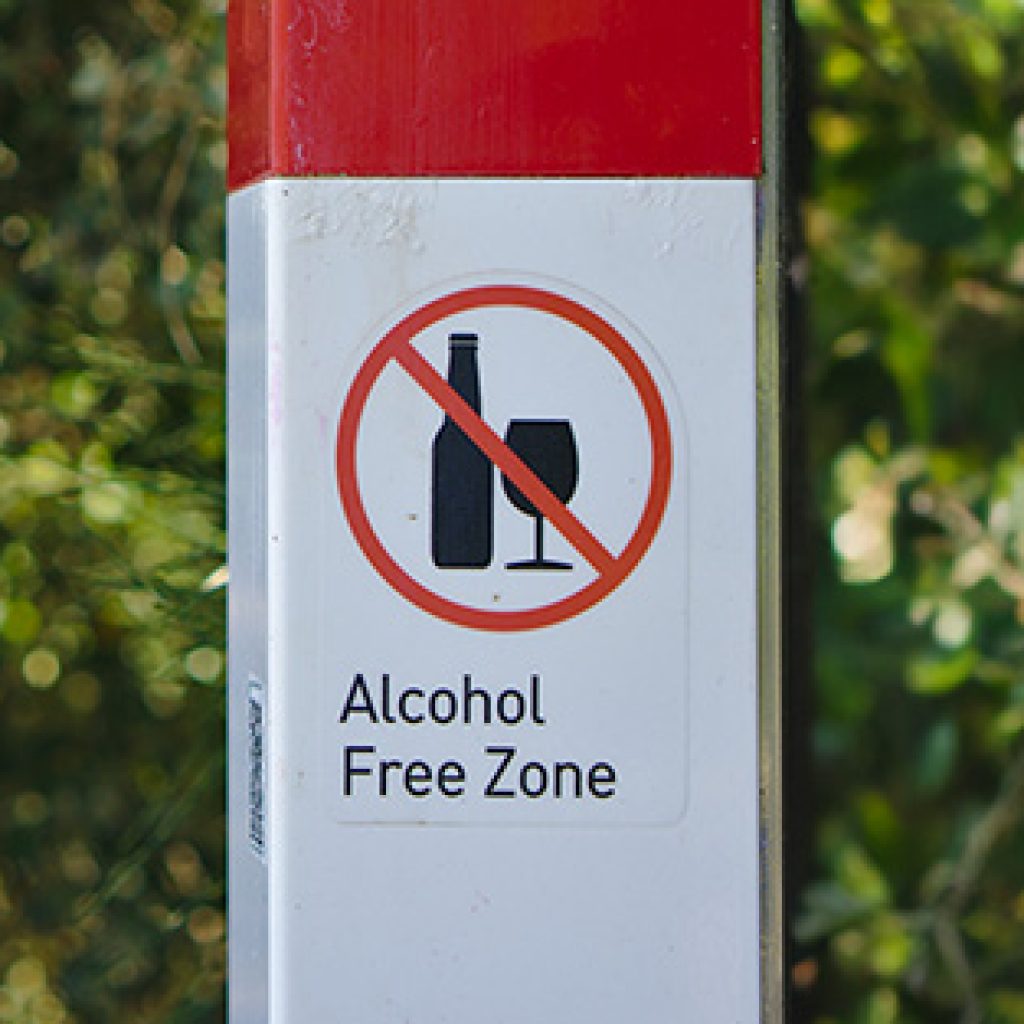Acronyms For Every Need: Two Exciting Updates for Recent Blog Posts on ECHO, SBIRT, and CASAT Conversations
Acronyms For Every Need: Two Exciting Updates for Recent Blog Posts on ECHO, SBIRT, and CASAT Conversations
Update #1: ECHO and CASAT Conversations
First, CASAT Conversations: In the recent Catalyst blog post of May 13, 2021, Listen to a Podcast: It’s good for your brain!, readers learned who listens to podcasts, why podcasts are so popular, and of an exciting new podcast series for behavioral health topics, CASAT Conversations. For Season 1, Behind the Front-Line: Supporting the Families of Front-Line Staff and First Responders, listeners can hear experts, first responders, and their families discuss topics for front-line staff and their families that include:
- “Sleep, shift work, and being on call.”
- “Peer Support: Don’t make it weird.”
- “Critical care for yourself”
- “Keeping your relationship strong under pressure.”
Second, Project ECHO (Extension for Community Care Outcomes): The ECHO model at the University of New Mexico Health Sciences Center School of Medicine was initially funded by the Robert Wood Johnson Foundation in 2009, Project ECHO “uses ongoing telementoring to equip primary care practitioners in rural areas with the knowledge they need to provide high-quality specialty care.” This is an important program for overcoming the barriers to treatment of chronic illnesses that is often experienced in rural or underserved areas across the U.S. Technology is used to train primary care doctors, first responders, and clinicians. The University of Nevada, Reno School of Medicine Project ECHO Nevada’s goal is “to meet the needs of primary care providers by offering an alternative to costly travel and long waits for patients who need specialty care.”
The Link: First Responders and Frontline Clinicians
The ECHO programs have come to the forefront during the COVID-19 Pandemic because the isolation that people experienced during the pandemic mimicked the isolation often encountered in rural and underserved areas. The ECHO solution of using innovative technology to overcome the barriers of distance and isolation was already in place and served as a model for other programs to follow.
The Research
For those who may have wondered what the research says about the effectiveness of programs that support first responders, particularly the Telehealth approaches that have come into frequent use during the pandemic, studies are beginning to inform the research base. One of the first published is an effort by researchers studying the First Responder ECHO (Extension for Community Outcomes) program that was begun in 2019 to educate first responders about self-care and establish resiliency through a community of practice at the University of New Mexico (UNM) School of Medicine (Katzman et al., 2021). During the study, 1,530 unique first responders and frontline clinicians took part in a newly expanded First Responder Resiliency (FRR) ECHO from March 31, 202 through December 31, 2020. The course included: psychological first aid, critical incident debriefing, moral distress, crisis management strategies, and self-care skills. During follow-up focus groups and surveys, participants responded that they liked that content of the training and felt a sense of community where it was safe to share trauma and stress. Participants also expressed that they had higher confidence in their skills in responding to emergencies, related to mental illness and in responding to colleagues who suffered from mental health or substance use issues. They reported using psychological first aid, practicing self-care, and using trauma-informed care. Although participants still reported feeling fatigued and stressful at work, they experienced less of a tendency to “shut down” during stressful situations. They also responded that they were inclined to drink more alcohol than they planned to help deal with stress (Katzman et al., 2021).
The results of this study are exciting and important because efforts to educate and support first responders and frontline clinicians should ideally have a sound research base. Although this is only the first of – hopefully – many studies to come, the results are encouraging for efforts such as the CASAT Conversations podcasts and programs similar to the ECHO program at UNM. A complete program description and participation details are available on the UNM First Responder TeleECHO web site. Visit the UNR Project ECHO Nevada website to learn more about its program, the technology requirements and software, and who can participate in the upcoming clinics for Project ECHO Antibiotic Stewardship, Nursing Home COVID-19 Extension, Medication-Assisted Treatment and other up to date topics.
Update #2: SBIRT For Women’s Health Professionals Learning Opportunity
On June 9, 2021, the Catalyst blog post Back To Basics: The 3 Fundamentals That Everyone Always Forgets About SBIRT covered the 3 fundamentals of Screening, Brief Intervention, and Referral to Treatment (SBIRT). This important tool in every healthcare and behavioral healthcare provider’s toolbox exists as a “pivot point” between, treatment and prevention and serves as and aid in decision-making to determine appropriate prevention or treatment services. Readers read about the six characteristics identified by SAMHSA for this useful intervention.
Are you looking for a way to learn about how to better manage substance use issues within the women’s health setting using an SBIRT model? Project ECHO Nevada and CASAT are collaborating to offer six weekly tele-ECHO clinics that include a didactic presentation, combined with patient case presentations, and offers free CME/CEUs. The team members for this exciting opportunity are:
- Christina Boyd, LSCSW, LCAC
- Jennifer Hettema, PhD
- Melissa Hoffman, DNP, APRN, PMHNP-BC
- Maridee Shogren DNP, CNM, CLC
The sessions will be held on Thursdays at 9AM PDT beginning April 7, 2022. View the SBIRT For Women’s Health Professionals flyer and registration information for additional information.
What has been your experience with SBIRT? How about telehealth? Please share your experiences or thoughts in the comments below.
References
Katzman, J. G., Tomedi, L. E., Everly, G., Greenwood-Ericksen, M., Romero, E., Rosenbaum, N., Medrano, J., Menking, P., Archer, G. R. D., Martin, C., Dow, K. A., McCoy-Hayes, S., & Katzman, J. W. (2021). First responder resiliency ECHO: Innovative telementoring during the COVID-19 pandemic. International Journal of Environmental Research and Public Health, 18(9), 4900. https://doi.org/10.3390/ijerph18094900
Blog Post Tags:
Related Blog Posts
Related Learning Labs
Related Resources
.
- Buscar Tratamiento de Calidad para Trastornos de uso de Sustancia (Finding Quality Treatment for Substance Use Disorders Spanish Version)
- Finding Quality Treatment for Substance Use Disorders
- Focus On Prevention: Strategies and Programs to Prevent Substance Use
- Monthly Variation in Substance Use Initiation Among Full-Time College Students
- The National Survey on Drug Use and Health (NSDUH) Report: Monthly Variation in Substance Use Initiation Among Adolescents








